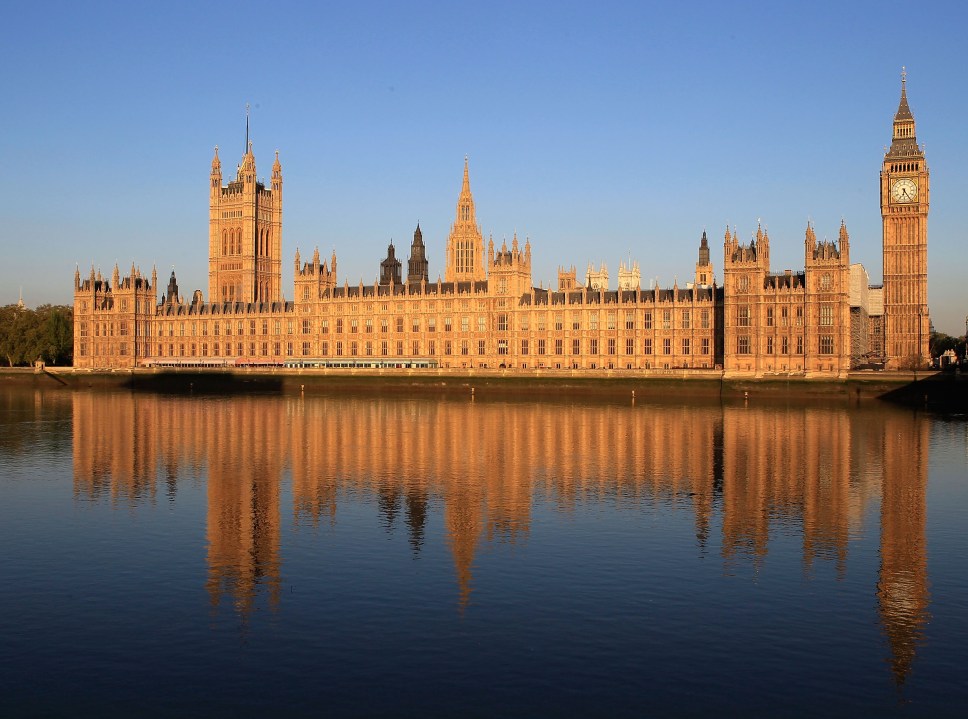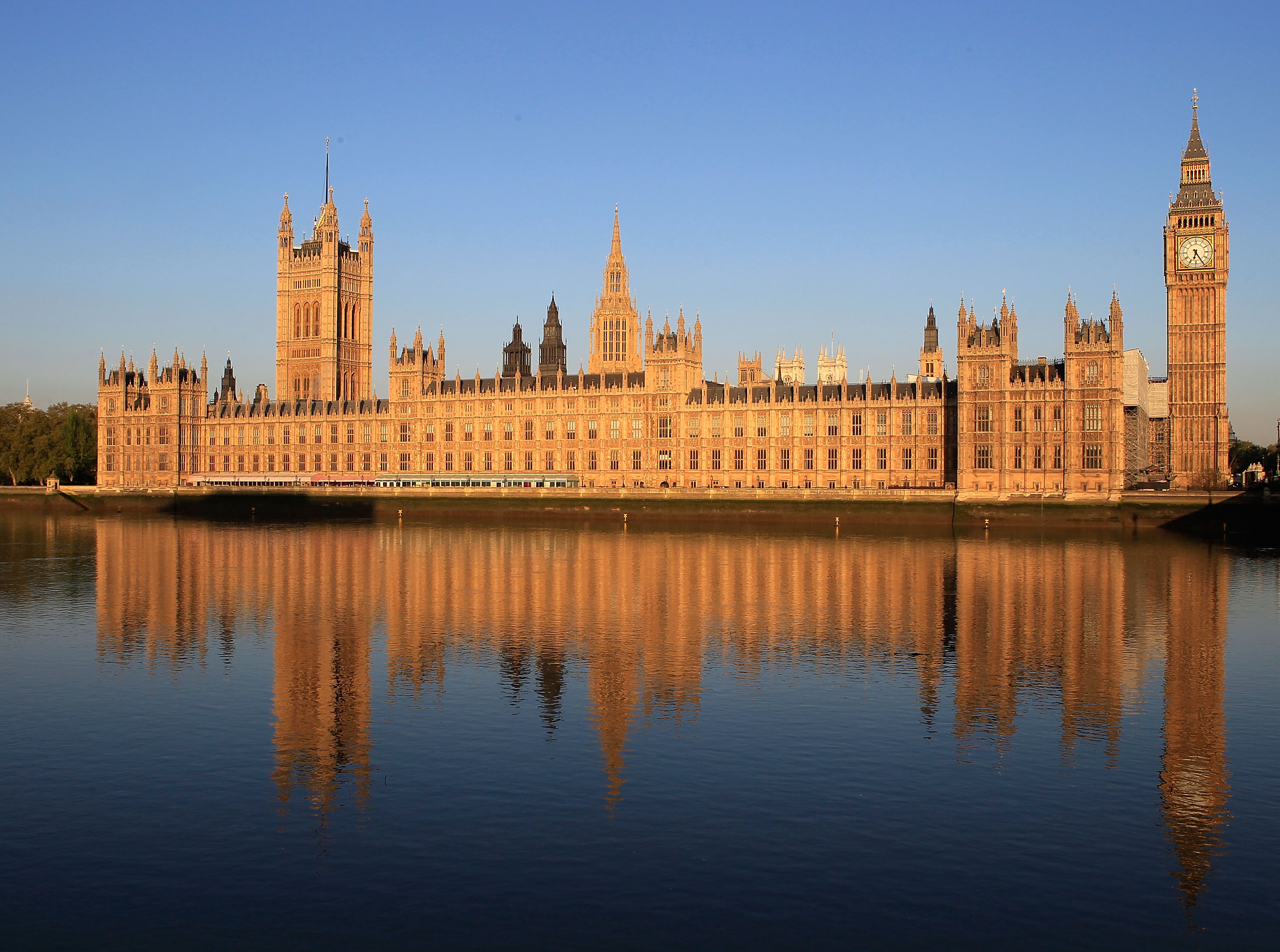I’m presenting Week in Westminster at 11am on Radio Four today, and get to choose four topics for discussion. My political nodes were, of course, amputated for the
purposes of this production. Here are the topics I chose:
1. Young vs Old. Osborne stepped on a landmine on Thursday: he didn’t expect his pension tax (minor, as Charles Moore argues in the Telegraph) to cause such a reaction. But I suspect he
hadn’t realised the depth of feeling in this emerging clash of the generations. Osborne’s idea for freezing pensioners’ tax threshold was lauded on Twitter but lambasted in (most
of) the press. Ian Mulheirn’s blog for us claims that pensioners ‘clearly
didn’t pay enough’ tax in their working lifetimes; if they had, ‘the country’s finances wouldn’t be in the state they are’. Blaming pensioners for the crash and
the ensuing deficit may seem bonkers, but it’s a widely-held view. Even young right-wing writers like the Telegraph’s Daniel Knowles want to go
after ‘the most cosseted, untouchable, powerful generation in our history.’ Feelings run just as strong on the other side. I bumped into Giles Dilnot who travels the country recording ‘vox pops’ for BBC Daily Politics (i.e. the opinions of ordinary voters).
He told me that he’d never needed less time for an assignment: everyone he stopped had strong, eloquent views. Going after pensioners is out of order, they thought.
2. QE vs The Old. But have pensioners really had it so easy? The Red Book was only half of the Budget. The invisible half is Sir Mervyn King’s magic money-printing machine, which has profound effects for our economy; much under-documented by the media. No one discusses Quantitative Easing, perhaps because they’re the two most boring words in the English language. But QE is easily the single most important government economic policy, having taken about £130bn from pension funds so far and is transferring wealth from savers to borrows. This isn’t fake money: debtors like me have seen our interest-only mortgage payments collapse. I’m way better off as a result of this QE, and this money has to come from somewhere. It comes from the savers. Perhaps QE is the only way to save us from another crash, but shouldn’t we be open about its effects? Jesse Norman has been trying to do this in the Treasury Select Committee, challenging Sir Mervyn about what QE does, who benefits and who gets hurt; whether it hurts the thrifty poor and helps the over-leveraged rich, as Nassim Taleb says. My attempt to hold a radio discussion on this brain-anaesthetising subject of QE was perhaps quixotic, but I’ll leave CoffeeHousers to judge its success.
3. Tories vs Lib Dems. The Lib Dems have been claiming victory from the Budget, differentiating like there’s an election tomorrow. But what were the Tory wins? The Lib Dems are happy to talk about this government in sectarian terms, but Tories in government still talk about it being a joint venture. Duncan Hames and Claire Perry appear on the show to talk it over.
4. Scotland vs England. Why is David Cameron so against having a ‘devolution plus’ option on Salmond’s referendum, but passing a Scotland Bill which does just that? It’s in the Lords now, and it’s a dog’s breakfast. I asked Michael Forsyth whether the mess is caused because most government members know the south of France better than they do Scotland. ‘I think that’s right,’ he replied. He quoted Enoch Powell saying devolution would lead to a point where independence would be in the interests of both England and Scotland — and Forsyth, this arch-unionist, thinks we’re reaching that point. He accused my other guest, David Steel, former presiding officer of the Scottish Parliament, of ‘appeasement’.
Anyway, it’s on at 11am. Do tune in.








Comments